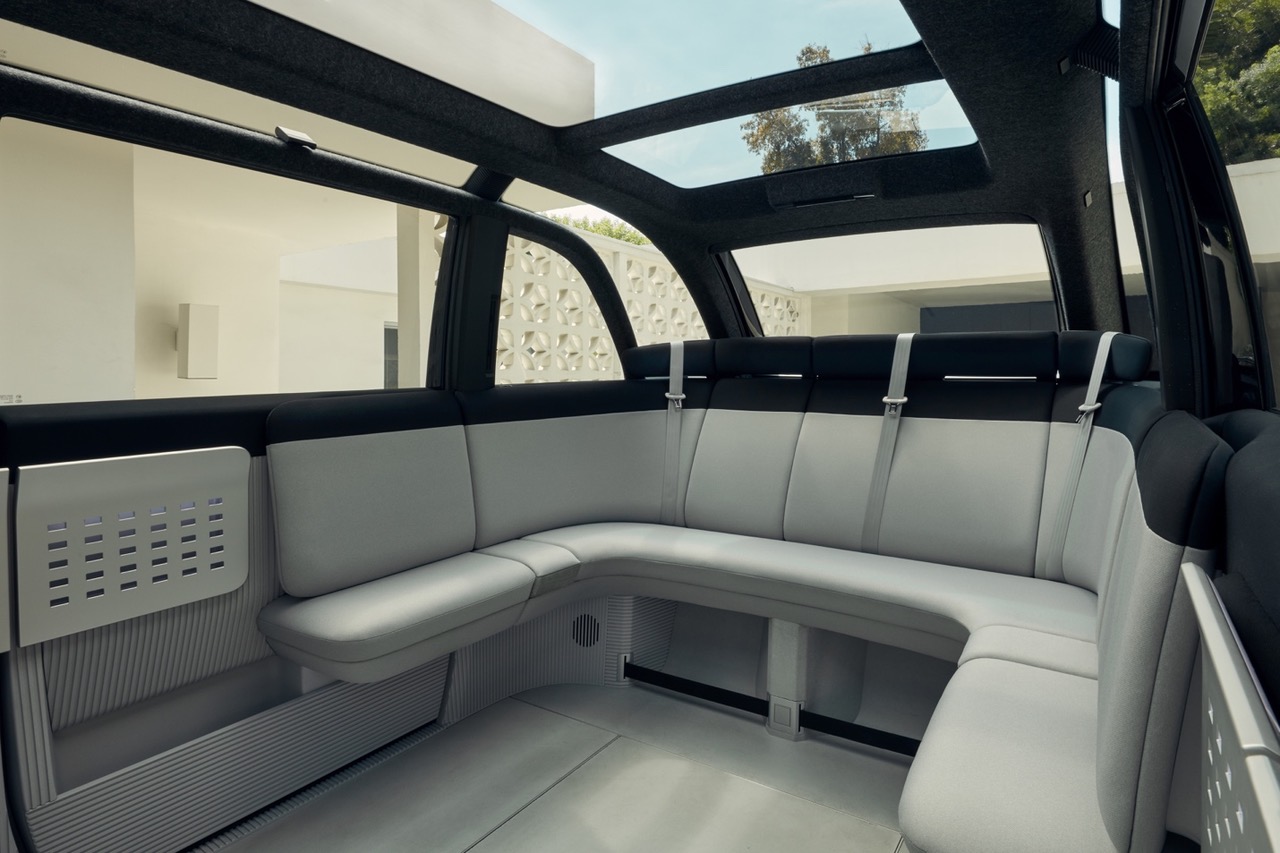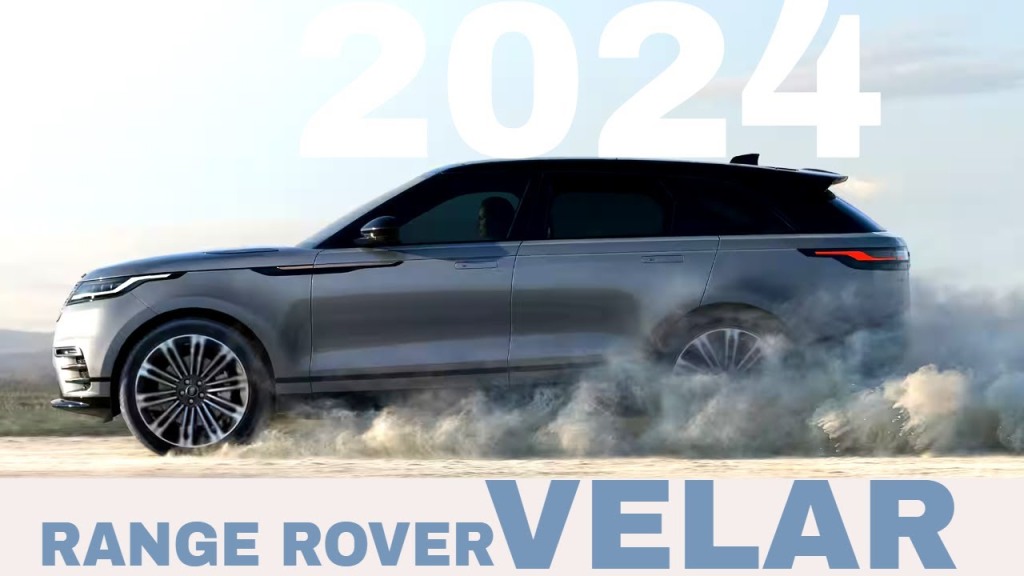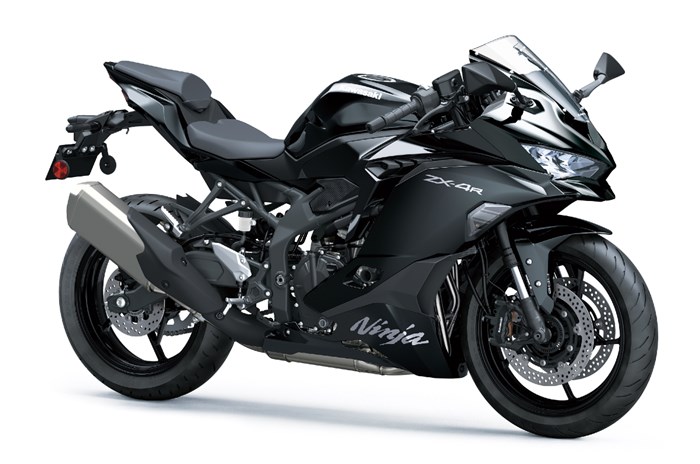Not long ago, the Los-Angeles startup Canoo went viral for its radically designed minivan, Canoo, sharing it name with the brand. The Canoo is the debut electric vehicle of the brand and looks galaxies away from the conventional designs that eyes could have seen. The startup is aiming to be an global leader in electric propelled vehicles. Remarkably, the brand has designed and completed the vehicle from scratch in just 19-months. The first lot is anticipated to reach the markets by 2021.
:format(webp)/cdn.vox-cdn.com/uploads/chorus_image/image/69299198/1_midlander_01.0.jpg)
“Space and Value are key features of the design”, company’s leader Kranz commented.
While designing the Canoo, the brand had slated different plans for the final product. The Canoo designers have departed pretty radically from the traditional designs that other electric vehicle manufacturers have favored, going with something that looks more like a VW Microbus than the sport utility vehicle that Byton is aiming for, or Tesla and Fisker’s sports cars and sedans or Rivian’s electric trucks. As the design images are observed, the first vehicle from the brand has pretty much of both key elements; Space and value. The vehicle has enough room for 7-passengers. It boasts a quirky seats that are positioned in a semicircular formation against the sides and rear of the vehicle, while the front cabin is arranged like a sofa.

“Cars always have been designed to convey a certain image and emotion; however, we chose to completely rethink car design and focus on what future users will actually need. Thus, we came up with this loft-inspired vehicle,” says Richard Kim, who’s in charge of Design at Canoo. “When you subscribe, you think differently about a car — now the value is defined by the user benefit. We implemented the Bauhaus philosophy, which is centered around minimalism and functionality, and started with the reduction to the absolute minimal need. Next, we applied that approach to the seamless connectivity with the personal devices customers care most about — their phones.”
Canoo rides on a “skateboard” platform and other peculiar details
Canoo utilizes a extensively versatile skateboard platform. This allows the brand to build its own vehicles and work with potential customers that would be ready to put their own cabin atop the platform. Kranz says the brand is aiming towards high-level of autonomy. For now, the Canoo fits seven cameras, five radars and 12 ultrasonic sensors to provide Level 2 autonomy. Kranz is highly impressed with video camera features, that analyzes the driver’s face and its actions, and avoids intimidating them for unnecessary alerts when they’re safely operating the vehicle.

The skateboard platform being the heart of its vehicle would house the batteries and the electric motor in a chassis that’s underneath the cabin. This would allow the different vehicle cabins on the same base. The brand’s first vehicle has already claimed a five-star safety rating and includes driver and passenger airbags throughout the canoo. The skateboard platform can also support dual, front or rear motor configurations the company said. At last, the company said that the Canoo would employ steer-by-wire, which would save the weight of hardware connection between the steering and the wheels. This would also deploy flexibility of locating the steering wheel according to different designs and driver position.

For now, the brand has informed that the first car’s range would be nearly 250 miles, and it would recharge from nil to 80% in less than 30 minutes. As the battery pack and electric drivetrain are attached to the chassis itself, it saves the weight of additional structures and enhances torsional rigidity of the frame. The platform can configure dual electric motor setup too.
Canoo aims to distribute vehicles on subscription basis?
Yes, the Californian startup has plans to roll out Canoo on subscription based. Kranz said that it would help reducing its cost because it can depreciate the vehicle’s value over a seven to 10-year time frame. “These savings we will be able to give back to the customer,” he said. The EV startup, though, has announced the pricing for the electric van. It will start from $34,750 ranging to $49,950 to fully-loaded variants.






Leave a comment